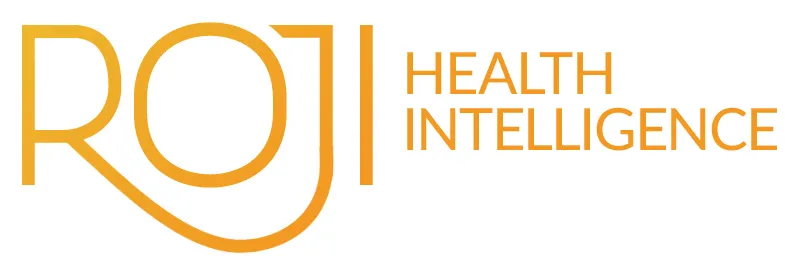As explained in our last article, there’s more to managing personal health care costs than concentrating on insurance payments and uncovered costs. As health care consumers, we’d all benefit from learning how to determine whether the value of the services—as delivered by a given provider—is worth the cost, potential risk, and benefits. Here, again, are […]
How to Manage Your Health Care Costs – Beyond Just Coverage Costs and Gaps
Consumers are rapidly becoming aware that costs for health care coverage extend well beyond premiums, copays, and deductibles—costs such as additional charges for out-of-network physicians and facilities. There is also a growing understanding that different providers charge varying costs for services—and that other hidden variables can increase the final bill for treatment. But consumer health […]
Is Patient Lock-In the Next Step in Value-Based Care?
Hoping to safeguard survival under financial risk, health care providers are courting a contentious issue: how patients select primary providers. During the HMO heyday , health care risk economics depended on patient selection of primary providers as part of coverage selection that “locked” them into those PCPs and their referral networks. PCPs operated as gatekeepers […]
The Hedge Bet for Risk is Patient Experience
Creating a good Patient Experience in health care has gained little traction, despite being touted as one of the Triple Aim’s key goals in Value-Based Health Care. Health systems have been more focused on how to increase patients via health plan negotiations and consolidating regional providers, rather than focusing on the slower paced process of […]
How Consumers Can Choose Quality in Value-Based Health Care
In our last article on how Quality should be reflected in Value-Based Health Care, we looked at the problematic route of quality measurement and reporting. The intent to develop payment for quality has resulted in a complex measurement system that produced provider-specific performance scores across hundreds of measures, yet has failed to advance achievement of […]
Emergency Rooms Cannot Be the Only Option for “Regular Sick” People in Value-Based Care
I don’t normally write articles on health care based on personal experience. Fortunately, my health is good and my non-routine health care mostly involves orthopedic injuries. Those injuries have taken me more than once to hospital emergency rooms, where I usually am able to leave afterwards and not, instead, have surgery. No chronic illnesses and […]
Are Patients at Risk when Quality Measures Scale Back?
CMS is now poised to roll back quality reporting requirements in 2021, vastly altering the direction of quality measurement. Simultaneously, CMS will reduce the weight in Value formulas dedicated to quality, transferring the balance to Cost over the next five years. As providers face risk-based reimbursement, what protections are needed to ensure that patients get […]
Fixing Clinical Science Requires a Moonshot
“We chose to go to the moon” President John Kennedy’s statement instigated a monumental marshaling of resources to achieve a remarkable goal. Those famous words also established a powerful metaphor for aiming high. We need an equally monumental shift in purpose and commitment of resources for how we conduct clinical science. Nothing less than our […]
Will “Value” Help Consumers Choose?
In the emerging days of Value-Based Health Care (VBHC), “value” was defined by quality, cost, and experience of health care for patients—the “Triple Aim.” The movement’s initial defining goal: patients should be able to access high value health care services that improved outcomes, to get value for their dollars. Likewise, employers and other purchasers deserved […]
How Should Primary Care-Centric Physician Practices Choose A Path to Risk?
It’s an urgent question for most practices: How should physicians participate in value-based reimbursement? Traditional Medicare is moving assertively to physician payment models that include capitation and ceilings on spending, with revenue risk tied to patient care costs. Without a doubt, primary care practices are bearing the brunt of risk-based reimbursement. With the exception of […]










